
Regulating the brokering of small arms and light weapons
June 28, 2024Especially since the 1990s, international transfers of SALW and ammunition have been conducted in increasingly differentiated markets. A multitude of products, buyers and suppliers around the world, including State-owned entities and large defence manufacturers, use the services of specialist intermediaries, as well as private agents and dealers. States often use brokering services for the purpose
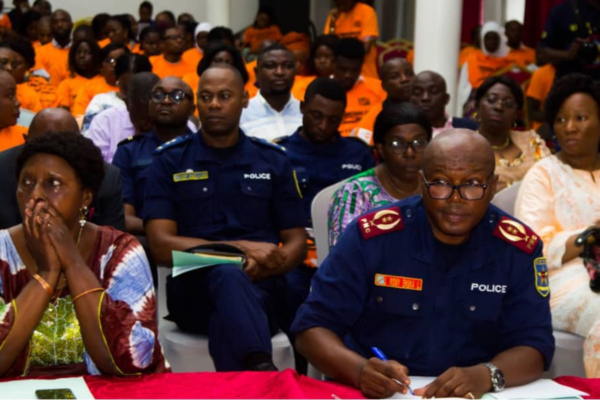
International standards to prevent police gun violence
September 29, 2023In many countries, the global and regional proliferation of small arms means that police and other law enforcers are under extreme pressure to counter rising levels of violent gun crime, and are expected to confront armed offenders. In the process, ill-trained and ill-disciplined officers with guns, sometimes kill, maim, and mistreat innocent people whom they are supposed to protect. Increasingly,
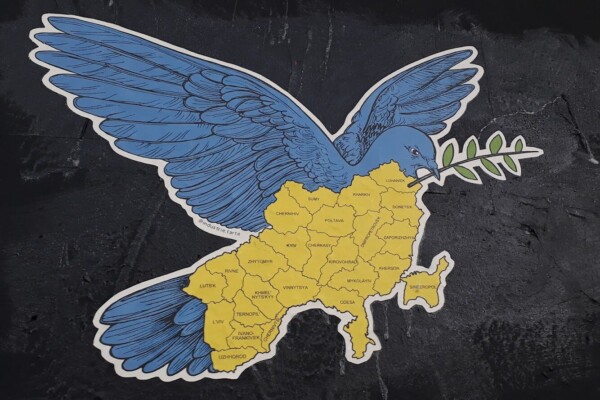
Russia’s invasion of Ukraine and arms transfers in the framework of international law
April 11, 2022The international crisis and threat to world peace presented by the massive Russian invasion of Ukraine in early 2022 has thrown up difficult questions, not least of which is how the international community can assist the Ukrainian armed forces defend the country’s sovereignty and territorial integrity. In doing so, it is tempting to think of the situation only in military terms, leaving aside wha
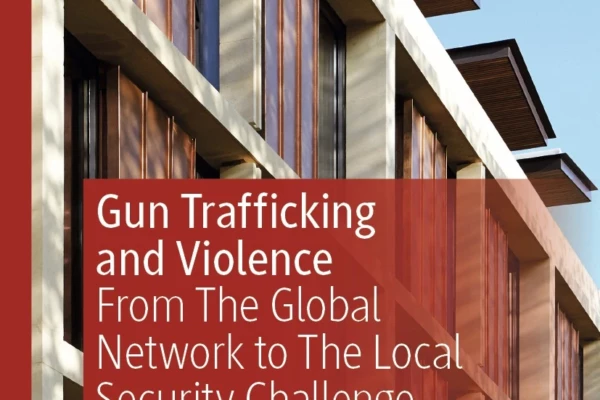
Africa armed violence and the illicit arms trade
December 1, 2021Brian Wood and Peter Danssaert recently contributed a chapter on Africa’s illicit arms trade to ‘Gun Trafficking and Violence. From the Global Network to the Local Security Challenge’ edited by David Pérez Esparza, Carlos A. Pérez Ricart, and Eugenio Weigend Vargas (2021). Abstract: In this chapter the authors consider major structural factors contributing to the illicit trade of small a
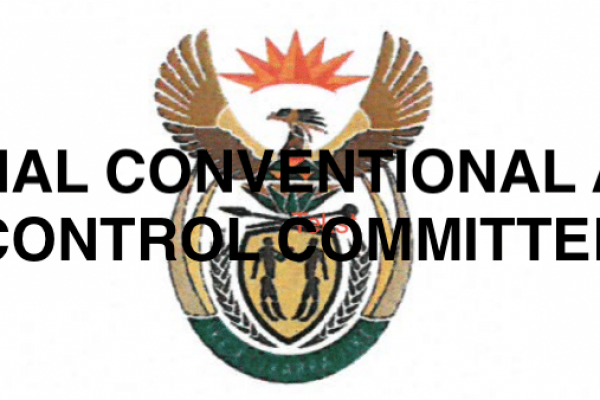
Arms Trade Bulletin May – June 2021
July 5, 2021SOUTH AFRICA ACCUSED OF ILLEGALLY APPROVING MILITARY EXPORTS TO GROSS HUMAN RIGHTS VIOLATORS Peter Danssaert & Brian Wood In March 2021 a South African non-governmental organisation, Open Secrets, released a detailed report accusing the government of approving military exports to armed forces alleged by UN experts to be perpetrating war crimes in Yemen. South African military exports to Myanma
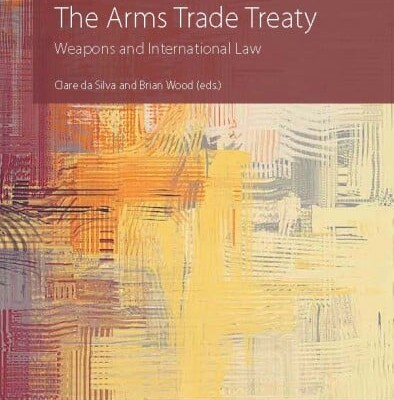
Contributions to ‘The Arms Trade Treaty. Weapons and International Law (2021)’
June 1, 2021IPIS is happy to present Peter Danssaert and Brian Wood’s contributions to ‘The Arms Trade Treaty. Weapons and International Law’ edited by Clare Da Silva and Brian Wood (2021). Peter Danssaert co-authored ‘Article 8: Import’ and ‘Article 9: Transit or Trans-Shipment’. Brian Wood co-edited the book and wrote ‘Article 10: Brokering’, and co-authored ‘Article 7: Export and Export Assessment’. Read t
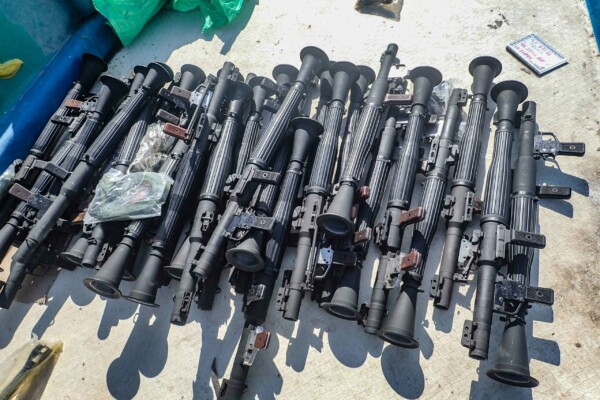
IPIS Briefing March 2021 – Africa: armed violence and the illicit arms trade
April 2, 2021The IPIS briefing offers a selection of articles, news and updates on natural resources, armed conflict, Business & Human Rights and arms trade. Every month, an editorial and related publications shed a light on a specific topic in IPIS’ areas of research. In focus: Africa – armed violence and the illicit arms trade In the news: Guards at Petra Diamonds’ Tanzanian Mine deliberately modified a
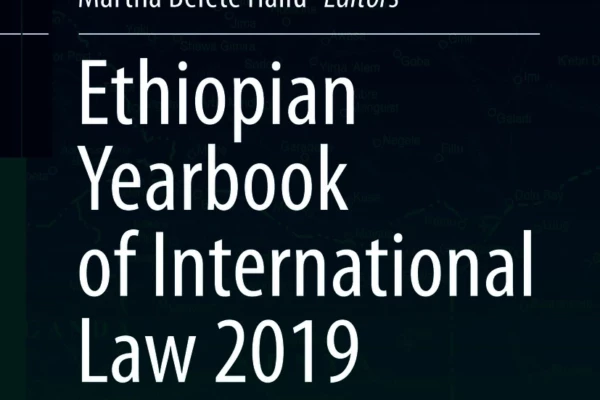
Africa and the regulation of transnational arms brokering: challenges to implement international standards
December 1, 2020Brian Wood and Peter Danssaert contributed a chapter on transnational arms brokering for the Ethiopian Yearbook of International Law 2019, edited by Zeray Yihdego, Melaku Geboye Desta, Martha Belete Hailu (2020). Abstract: African countries face an ongoing threat from the consequences of unregulated arms brokering but this cannot be solved by remedial action in Africa alone. Cases show t
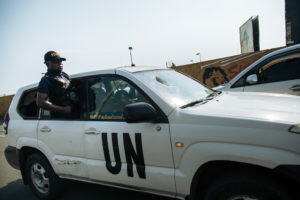
Africa and the ‘grey market’
February 8, 2020Arms brokering or inter-mediation is a commercial activity within the international arms trade that is difficult to regulate. Arms brokers often operate transnationally, so often escaping or avoiding national trade controls in their home countries and the countries where transactions have taken place. Their transnational operations also create “grey” markets, which sometimes fuel illicit markets.
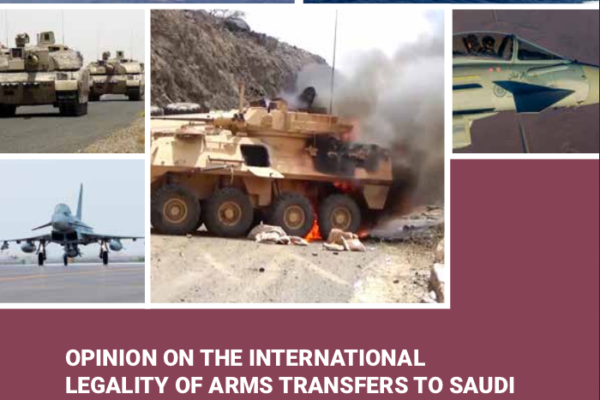
Opinion on the Legality of Arms Transfers to Saudi Arabia, The United Arab Emirates and other members of the coalition militarily involved in Yemen
December 10, 2019This opinion addresses the legality under international law of the transfer of conventional arms and related equipment to the parties currently engaged in the conflict in Yemen. The opinion does not assess the legality of the export, import or sale of arms to those parties in the light of the domestic law of each supplying State, nor does it consider in detail the obligations of non-state armed gr
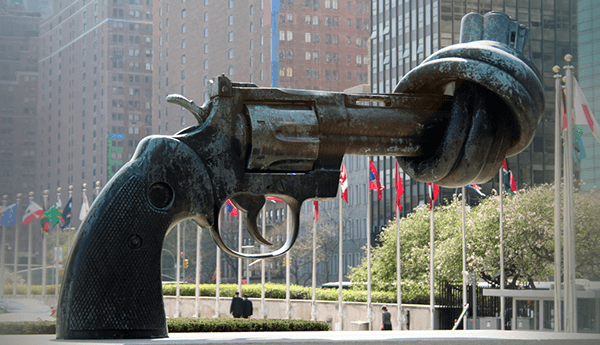
E-learning: The Arms Trade Treaty
September 7, 2017In June 2017, IPIS launched its e-learning digital education package to support the early ratification and effective implementation of the Arms Trade Treaty. The Arms Trade Treaty (ATT) was adopted by the UNGA on 2 April 2013 and entered into force on 24 December 2014. There are currently 92 States Parties and 130 Signatories. Implementation of the Treaty is the responsibility of States Parties,
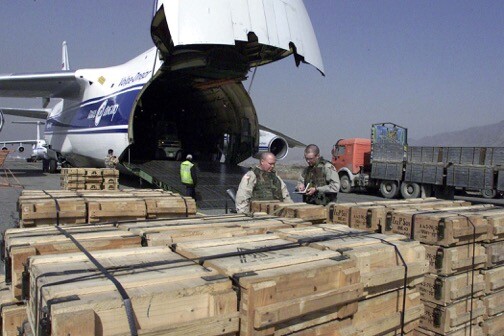
Surplus and Illegal Small Arms, Light Weapons and their Ammunition: the consequences of failing to dispose and safely destroy them
August 11, 2017This joint report by IANSA and IPIS documents recent failures in some countries across world regions to properly dispose of and destroy excess small arms and light weapons (SALW), and their ammunition. It illustrates the different ways that excessive, poorly secured, weapons, especially firearms and ammunition, leak out into the hands of abusers and to those unauthorised to trade and use them, and
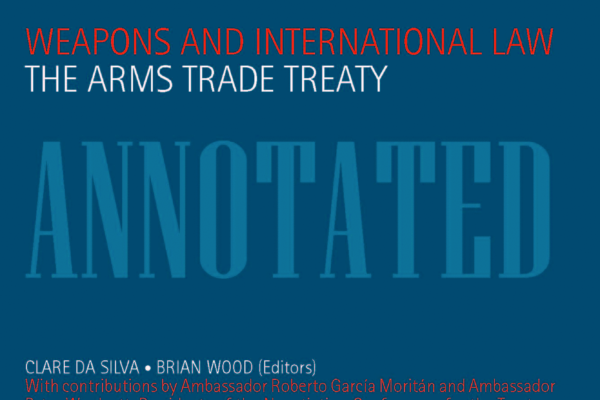
Weapons and International Law: the Arms Trade Treaty
August 19, 2015IPIS is pleased to announce its contribution to a new book on the Arms Trade Treaty published by Larcier. Weapons and International law: The Arms Trade Treaty gives a thorough legal and practical analysis of this important new legal instrument to regulate the global trade of the most commonly-used conventional arms. Amongst our IPIS personnel, Brian Wood has co-edited the book, co-authored the key
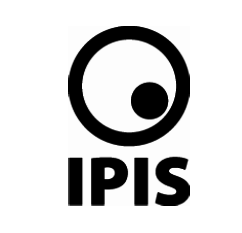
Informal Expert Group Meeting, United Nations Institute for Disarmament Research (UNIDIR), Vienna, 22–23 April 2015
April 25, 2015Between 22–23 April 2015 IPIS was invited to participate in a two-day informal expert group meeting for UNIDIR’s project “Examining Options and Models for Harmonization of End Use/r Control Systems” (http://www.unidir.org/programmes/process-and-practice/examining-models-for-harmonization-of-end-use-r-control-systems). The objective of the informal expert meeting was to review common positions on p

IPIS Insights: The Arms Trade Treaty. Prospects and Challenges as it “enters into force”
December 23, 2014The entry into force of the Arms Trade Treaty (ATT) on 24 December 2014 is seen as a sign of hope that irresponsible transfers of conventional arms will at last begin to be eradicated. Declarations of commitment by states around the world to implement the ATT have snowballed over the past year since the UN General Assembly voted decisively on 2 April 2013 to adopt the treaty. In this IPIS Insight,
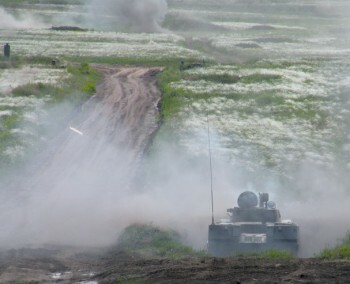
The Arms Trade Treaty: Building a Path to Disarmament
March 9, 2013The goal of this article is to examine and suggest proposals that could enhance the role of the international Arms Trade Treaty—presently in discussion at the United Nations—in the regulation of the international arms trade and in addressing the role of the legal trade in: a) providing the bulk of the arms used in armed conflicts, armed violence and human rights abuses; b) the excessive arming of

A Code of Conduct for Arms Transport by Air. Transport Services under an Arms Trade Treaty Series
August 12, 2012This report is a discussion of some key considerations for the development of and “Air Cargo Industry Voluntary Code of Conduct relating to the transport of arms, ammunition and other military equipment” (ACI Code). The purpose of such a Code is to encourage as many aviation companies and other actors as possible in the air cargo industry to adhere to existing and new standards relating to the tr

Study on the development of a framework for improving end-use and end-user control systems
February 16, 2012(UNODA Occasional Papers, No. 21, December 2011) Already, in 2002, the Security Council called upon States to establish an effective national end-user certificate system and to study the feasibility, as appropriate, of developing such a system at the regional and global levels, as well as information exchange and verification mechanisms. This study assesses existing practices regarding end-user ce

